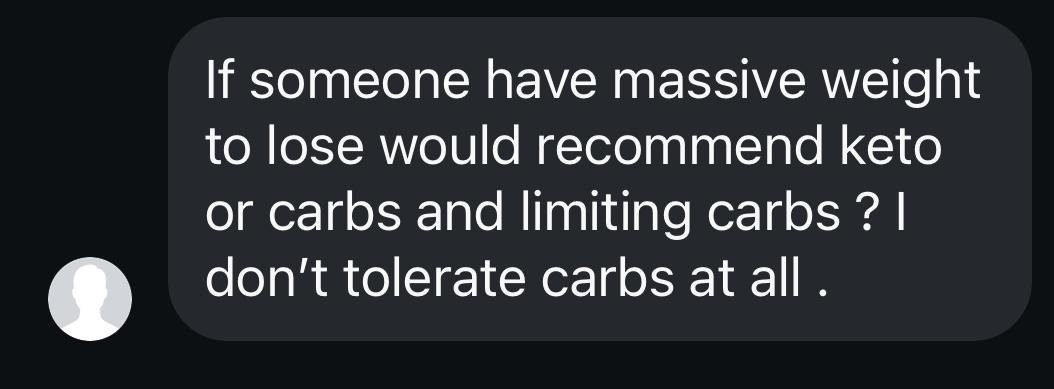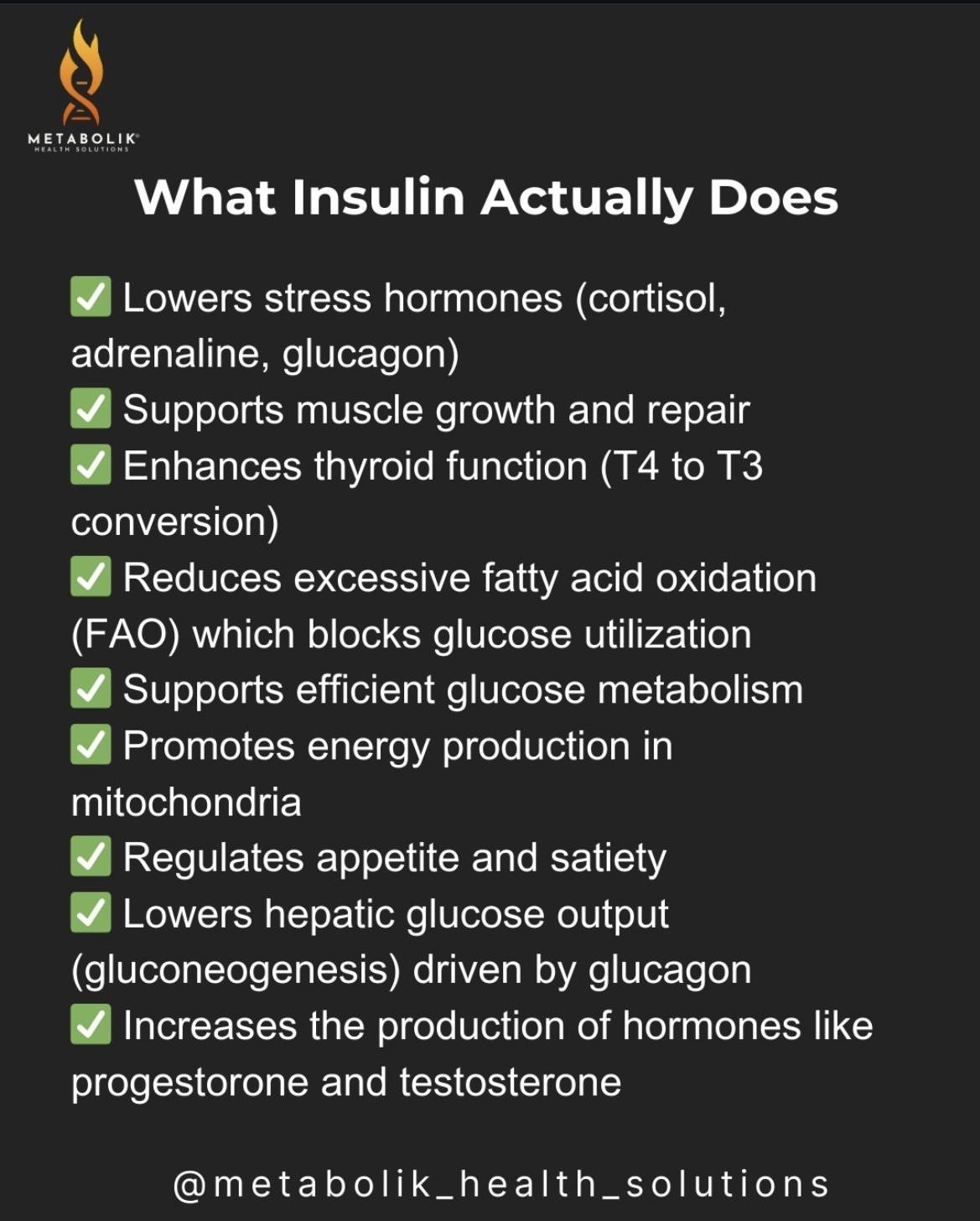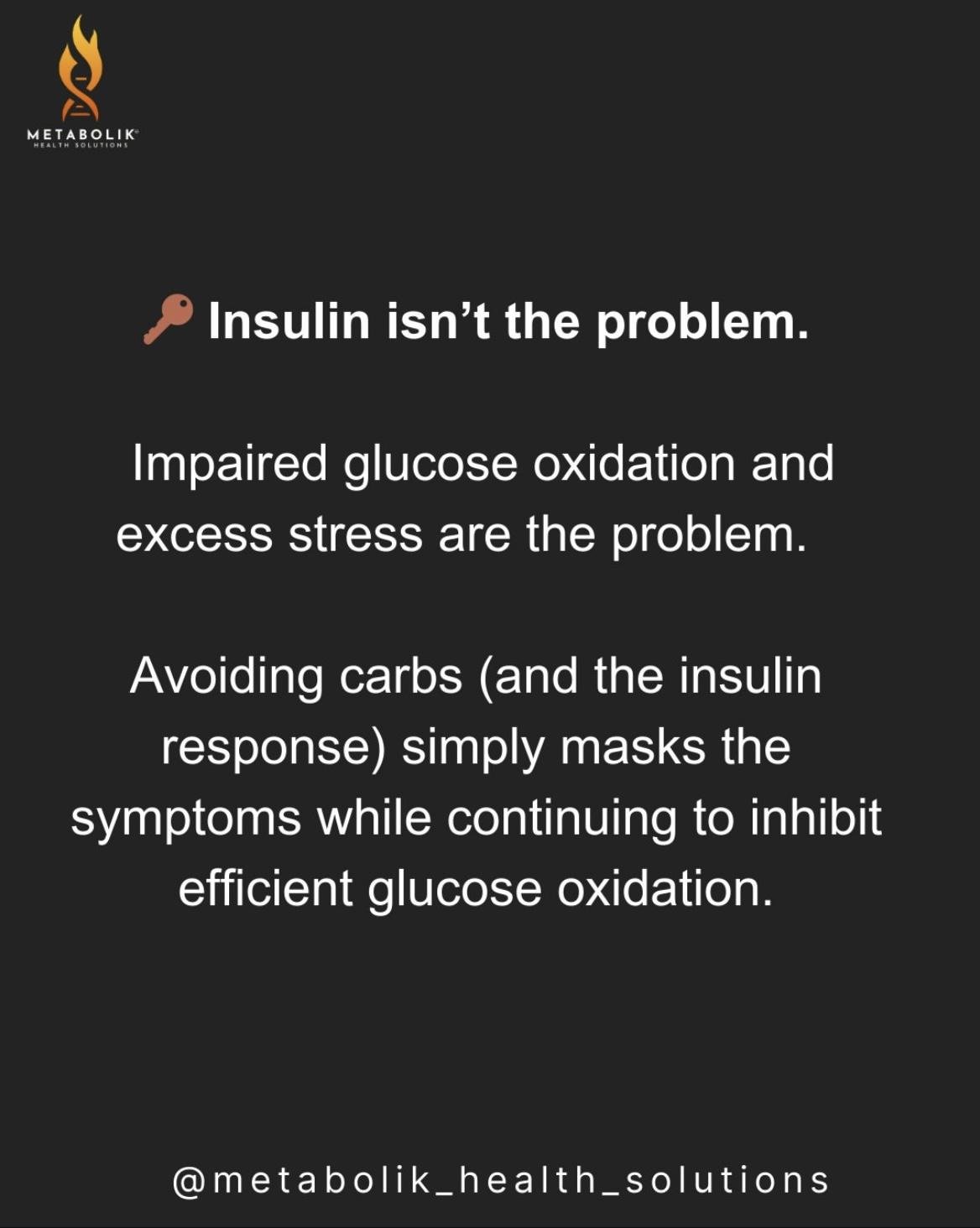Managing DIABETES
- This topic has 20 replies, 2 voices, and was last updated 11 months, 1 week ago by
J.R.K.
-
AuthorPosts
-
March 3, 2025 at 4:56 pm #4506
“RP: Yeah. And, some people wake up cyclically during the night. When I was counseling dieters, there were some very fat people who would wake up: one of them woke up every hour during the night. The other one, I think, was sleeping an hour and a half, or so. And I got them to set an alarm clock to wake themselves up about 5 or 10 minutes before their expected waking, and eat anything with carbohydrates (milk, or juice, or even a cracker or something), and to do that every hour. And, within a week, they were sleeping through the night, and then they were able to start losing weight. Those stress hormones that raise your temperature and pulse rate around dawn were also increasing the blood sugar ( in diabetics, they call it the dawn phenomenon). But it’s the result of the stress hormones that rise during the night. The darkness itself is causing stress, activating hormones. So, in the winter, people are more likely to have disturbed sleep, because of long nights. And getting extra carbohydrates late in the day can help you sleep longer without these episodes of…usually, its nightmares waking people up with a pounding heart.
HD: That’s the adrenalin, right ?
RP: Yeah.”
March 3, 2025 at 4:57 pm #4507“Sugars, if they are consumed in quantities beyond the ability to metabolize them (and that easily happens in the presence of PUFA) are converted into saturated fatty acids, which have antistress, antiinflammatory effects. Many propaganda experiments are set up, feeding a grossly excessive amount of polyunsaturated fat, causing sugar to form fat, specifically so they can publish their silly diet recommendations, which supposedly explain the obesity epidemic, but the government figures I cited show that vegetable fat consumption has increased, sugar hasn’t. My articles have a lot of information on the mechanisms, such as the so-called ‘Randle cycle,’ in which fatty acids shut down the ability to oxidize sugar. Polyunsaturated fats do many things that increase blood sugar inappropriately, and my articles review several of the major mechanisms. Several years ago, medical people started talking about the harmful effects of insulin, such as stimulating fat production, so ‘insulin resistance’ which keeps a high level of insulin from producing obesity would seem to be a good thing, but the medical obesity culture really isn’t thinking very straight. One factor in the ‘insulin resistance’ created by PUFA involves estrogen—chronic accumulation of PUFA in the tissues increases the production of estrogen, and the polyunsaturated free fatty acids intensify the actions of estrogen, which acts in several ways to interfere with glucose oxidation.” -Ray Peat
March 3, 2025 at 4:58 pm #4508March 3, 2025 at 4:58 pm #4509March 4, 2025 at 12:11 am #4510<span class=”atwho-inserted” contenteditable=”false” data-atwho-at-query=”@zac”> @Zack-Vegas</span> <span class=”atwho-inserted” contenteditable=”false” data-atwho-at-query=”@j”>@J.R.L</span> <span class=”atwho-inserted” contenteditable=”false” data-atwho-at-query=”@lila”> @Lilac</span> <span class=”atwho-inserted” contenteditable=”false” data-atwho-at-query=”@loll”> @Lollipop</span> I started this thread for a friend and here is what she wrote…




I wonder if we might be able to get a little more information on your friend @Cari?
Are they diabetic? If so type one or type two?
Are they taking any prescription medications, including glucocorticoid steroids? If so which types?Does your friend know what their Vitamin D levels are?
Could we get an idea of what a typical days meals might consist of for them?Is my understanding correct that carbohydrates preferentially mean grains to them?
How much and what types of fruits are they consuming daily and when?
March 7, 2025 at 6:49 pm #4529“Drinking coffee seems to be very protective against developing diabetes. Its niacin and magnesium l are clearly important, but it is also a rich source of antioxidants, and it helps to maintain normal thyroid and progesterone production. Chocolate is probably protective too, and it is good source of magnesium and antioxidants.” -Ray Peat
March 8, 2025 at 5:50 pm #4538

 March 8, 2025 at 8:16 pm #4539
March 8, 2025 at 8:16 pm #4539I would add that there are many pharmaceuticals that have what I prefer to refer to glucose intolerance as opposed to type two diabetes as a side effect. Drugs such as glucocorticoids and thiazides both deplete magnesium and potassium which are necessary for glucose to not only enter the cell but also be metabolized. With the presence of potassium sometimes insulin is not needed to be excreted or required at much reduced levels to metabolize glucose.
It would be well advised to look at all pharmaceutical drugs vitamin and mineral depletion and and blocking vitamin and mineral absorption characteristics along with the known side effects.
March 17, 2025 at 6:45 pm #4643<span class=”atwho-inserted” contenteditable=”false” data-atwho-at-query=”@zac”> @Zack-Vegas</span> <span class=”atwho-inserted” contenteditable=”false” data-atwho-at-query=”@j”>@J.R.L</span> <span class=”atwho-inserted” contenteditable=”false” data-atwho-at-query=”@lila”> @Lilac</span> <span class=”atwho-inserted” contenteditable=”false” data-atwho-at-query=”@loll”> @Lollipop</span> I started this thread for a friend and here is what she wrote…




Haidut found some great studies on how the Keto diet has a great honeymoon phase but then runs off the rails, with the initial weight loss coming off primarily as water loss which is typical when cutting out carbohydrates. But when gluconeogenesis kicks in there is higher levels of blood glucose and fat loss turns to fat storage, as the body thinks that starvation and food shortages are here.
https://www.nature.com/articles/s42255-019-0160-6
https://www.eurekalert.org/pub_releases/2020-01/yu-kdw012720.php
March 20, 2025 at 8:04 pm #4648“Potassium is necessary for utilization of sugar, and should probably always be tried as a supplement in the diabetic diet” -Ray Peat
– Nutrition For Women
-
AuthorPosts
- You must be logged in to reply to this topic.
Author
Cari